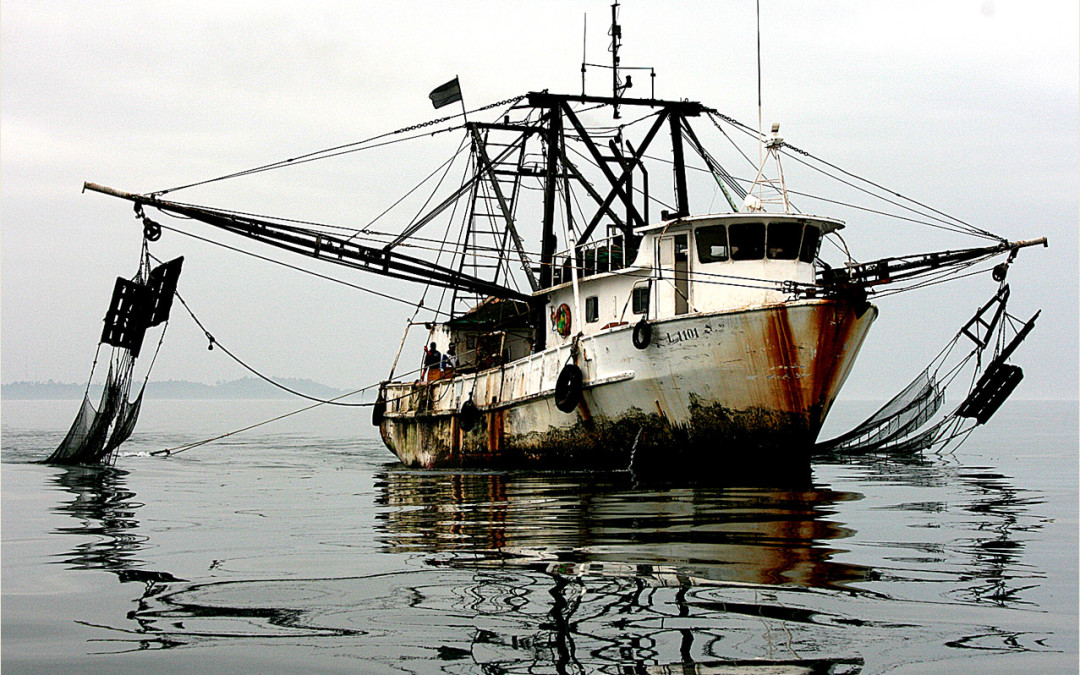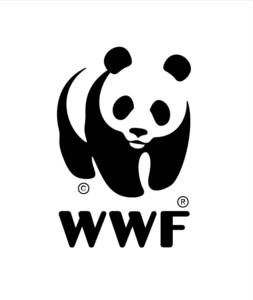The European Union’s regulation to prevent, deter and eliminate illegal, unreported and unregulated (IUU) fishing has made an impact, but implementation must be more robust to ensure that no illegal fish enter the European market, according to an analysis published today by the Environmental Justice Foundation, Oceana, The Pew Charitable Trusts and WWF.
The analysis finds that the 2010 regulation has proved to be a powerful tool in preventing illegally caught fish from entering the EU. Implementation has also driven positive change in fisheries management in third countries, where more than 60 percent of the fish products consumed in the EU originate.
However, some member states must do more to fully apply the law to prevent illicit operators from gaining access to the EU market, the nongovernmental organisations concluded. The analysis suggests that EU members be more consistent and effective in checks of catch documentation (catch certificates) and consignments (in particular from countries judged as high risk) to ensure that fish have been caught legally.
While reporting catch and trade is a core component of modern fisheries management, the IUU regulation is weakened by the use of a paper-based system for the documentation of imported seafood products. This prevents the cross-checking of information among the different EU border control agencies.
WWF’s EU Policy Officer on Illegal Fishing Eszter Hidas said the Commission must make good on its commitment to adopt an electronic database of information on imported seafood products in 2016, to prevent potential abuse. “This system can only be effective in the long run if information on seafood imports can be shared among the 28 member states in real time, allowing for cross-checks, verifications and ultimately, a coordinated approach in identifying and blocking suspicious consignments. The ultimate goal, to protect fish stocks and the communities that rely on them, can only be achieved if illegal products have zero chance of reaching the EU”.
The analysis also concludes that all member states should issue stringent penalties for nationals involved in illicit fisheries trade, which is required by the regulation, and reform other relevant legislation to ensure that EU vessels operating in foreign waters are acting legally.
Oceana’s Fisheries Director Maria-Jose Cornax said, “This analysis shows how countries such as Spain are working to penalise EU nationals shown to be involved in illegal fishing anywhere in the world. This approach needs to be uniformly adopted by all member states. In addition, the adoption of robust new rules governing the EU’s distant water fishing fleet will drive a real shift to more transparent, sustainable fishing everywhere.”
Steve Trent, Executive Director of the Environmental Justice Foundation said the EU should also support the adoption of global measures to ensure transparent and sustainable fishing practices. “The EU has proven it is committed to helping raise standards in fisheries globally, supporting many countries to tighten their measures against illegal fishing, and calling out those who fail to cooperate. Getting other key markets around the world to join the EU in this battle should be a key priority in the coming years.”
Tony Long, Director of Pew’s Ending Illegal Fishing project, said that “as the world’s largest market for imported fish products, the EU plays a pivotal role in reforming the global fishing trade. This assessment shows that the EU’s regulation for tackling illegal fishing has raised standards in global fisheries management. We support continued action at the Commission and member state level to realise the regulation’s full potential.”
Download: NGO Report EU IUU Regulation
Media contact:
Florian Kozák
WWF Communications Coordinator
florian.kozak@wwf.at
+43 676 83 488 276
















